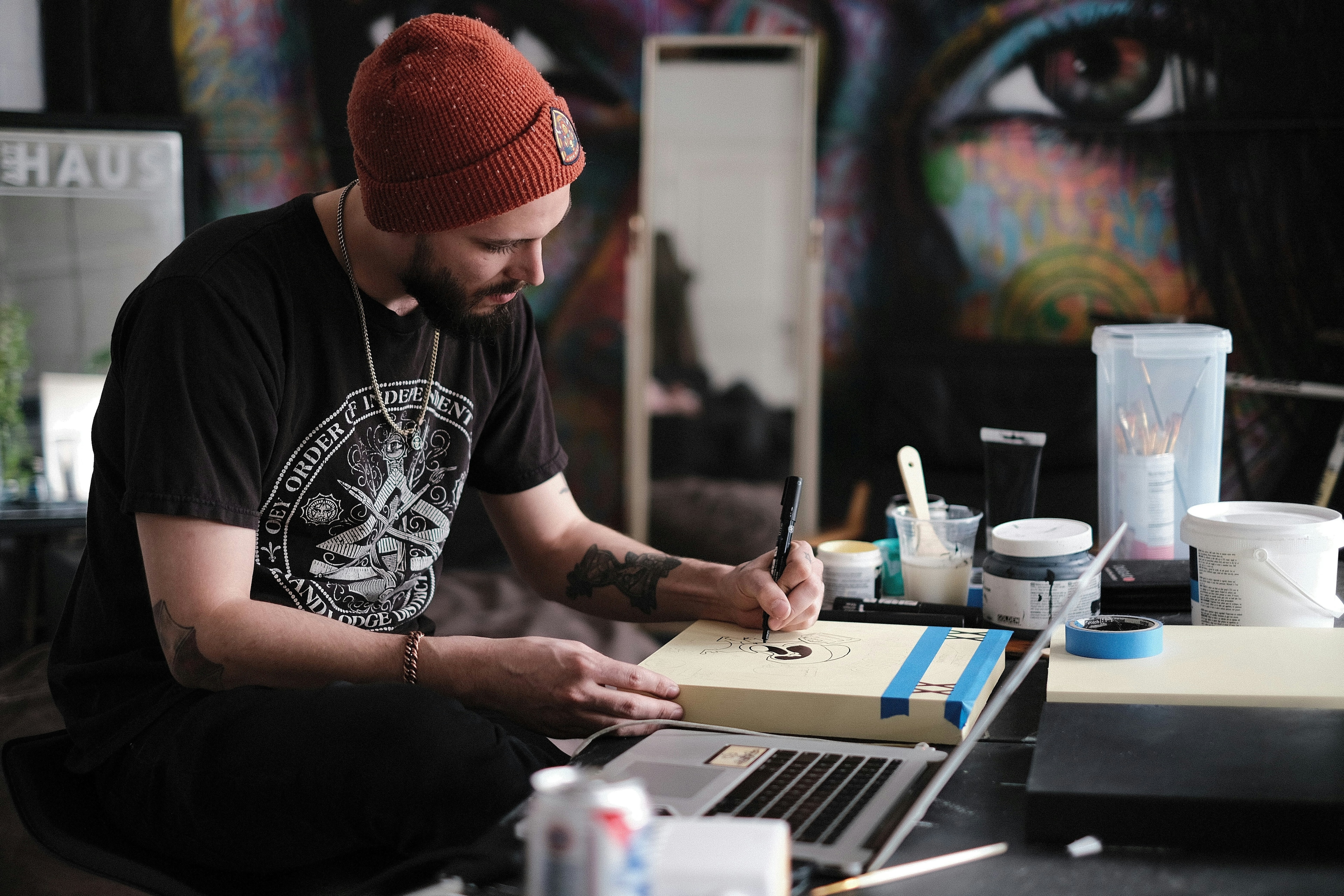This wall of shoes is for the women killed by domestic violence

The 440 pairs of high heels symbolise the number of women murdered by men in Turkey in 2018 Image: REUTERS/Mesude Bulbul

Get involved with our crowdsourced digital platform to deliver impact at scale
Stay up to date:
Türkiye
In 2011, Turkey became the first country to ratify a Council of Europe Convention on preventing domestic violence. That same year, 121 Turkish women were murdered. By 2018, the number had soared to 440.
That prompted Turkish artist Vahit Tuna to cover the side of a building in central Istanbul in high heels – with one pair for every woman killed by domestic or sexual violence last year.
In Turkey, when someone dies, there is a tradition of placing their shoes outside an entrance.
“We are standing in a street now and maybe people are faced with a work of art for the first time, an open and bleeding wound for the very first time. I believe this has an impact,” Tuna told Reuters.
In August 2019, 49 women in Turkey were killed by men that they knew, according to women’s rights platform We Will Stop Femicide.
That month, Emine Bulut, a 38-year-old mother, was killed by her ex-husband in a cafe in front of her daughter. A video showing the moments after the attack was shared on social media, prompting debate about the problem of domestic violence in Turkey.

Global protests, national action
In Turkey, 38% of women between the ages of 15 and 59 will be attacked by a partner at some point. But it is not the only country where domestic violence is an issue.
More than 30 South African women were killed by their husbands in August 2019, in the country’s worst-ever month of violent crimes against women.
Thousands of South Africans protested in the streets of Cape Town and Johannesburg.

The government of France has introduced new measures to try to protect women, including 1,000 new shelter places for victims of domestic violence, after a year-on-year increase in the number of women killed by their husband or partner.
In 2017, Canada announced a gender-based violence strategy, with $76 million earmarked for research and data collection as well as support for survivors and their families.
Of the 87,000 women around the world who were murdered in 2017, more than a third were killed by a current or former partner.
Every year, a global campaign raises awareness of gender-based violence. So far, it has reached 300 million people.
Vahit Tuna and his empty shoes have made even more stop and think.
Don't miss any update on this topic
Create a free account and access your personalized content collection with our latest publications and analyses.
License and Republishing
World Economic Forum articles may be republished in accordance with the Creative Commons Attribution-NonCommercial-NoDerivatives 4.0 International Public License, and in accordance with our Terms of Use.
The views expressed in this article are those of the author alone and not the World Economic Forum.
Related topics:
The Agenda Weekly
A weekly update of the most important issues driving the global agenda
You can unsubscribe at any time using the link in our emails. For more details, review our privacy policy.
More on Arts and CultureSee all
Joseph Fowler and Amilcar Vargas
April 18, 2024
Robin Pomeroy and Sophia Akram
April 8, 2024
Faisal Kazim
April 3, 2024
Robin Pomeroy and Linda Lacina
March 28, 2024







